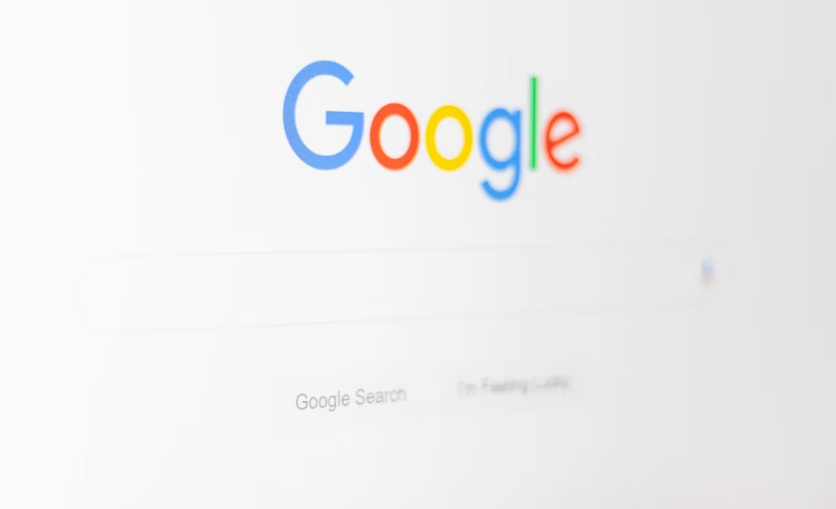Leaked documents have exposed discrepancies between Google's public statements and the actual processes of its search algorithm.
This leak, encompassing 2,500 pages, was first reported by SEO expert Rand Fishkin, offering a rare and controversial glimpse into the inner workings of Google Search, which has remained largely unscrutinized for 26 years.

Leaked Documents Show How Google Runs Search
Gizmodo reports that the leak, brought to Fishkin's attention by Erfan Azimi, who discovered the API documentation on GitHub, reveals critical details about Google's search ranking factors.
These documents include information on 14,000 ranking features, which have major implications for SEO experts and website owners.
In an email to Gizmodo, Fishkin highlighted a major concern: "I think the biggest takeaway is that what Google's public representatives say and what Google search engine does are two different things."
For years, Google representatives have made statements about their algorithms that now appear to be contradicted by these leaked documents.
Shocking SEO Revelations from Google Leak
One of the most startling revelations involves Google's use of website authority scores, something the company has denied in the past. This means users are likely to find results from large websites instead of the most appropriate ones from smaller sites.
Another bombshell feature is the "homepagePagerankNs," which suggests that the notoriety of a website's homepage can positively impact the rankings of all its pages.
Google's guidelines for Experience, Expertise, Authoritativeness, and Trustworthiness (E-E-A-T) are also revealed to be not that influential than publicly acknowledged. However, the documents indicate Google tracks author information, particularly for news and scientific content.
Additionally, the discovered "NavBoost" system, which measures clicks to boost rankings, confirms long-held suspicions that click-through rates influence search results. This finding is at odds with past statements from Google representatives who have stated, "Using clicks directly in ranking would be a mistake."
How the Search Algorithm Has Been Crushing Small Publishers
The leak also mentioned the existence of features like "smallPersonalSite" which suggests that Google categorizes and potentially biases against small, personal websites.
SEO expert Mike King tells Gizmodo, "So many of these small sites are getting crushed right now," pointing to a significant drop in traffic for smaller sites.
This has raised concerns that Google's ranking system favors larger, more established publishers, compressing diverse information sources. 'Lied' is harsh, but it's the only accurate word to use here," King said.
How Google Search Deals with Pandemics and Elections
Kristen Ruby, CEO of Ruby Media Group questioned two of the features leaked "isElectionAuthority" and "isCovidLocalAuthority." Ruby is interested in what Google's criteria are for deeming certain sources authoritative in these sensitive topics.
Ruby criticized the lack of transparency, stating, "It is problematic to me that Google is providing no context on critical items in the data such as 'isElectionAuthority' or 'isCovidLocalAuthority.'"
Google Has Confirmed the Leak
Speaking with The Verge, Google has confirmed the authenticity of the documents but cautioned against drawing inaccurate conclusions.
A spokesperson stated, "We would caution against making inaccurate assumptions about Search based on out-of-context, outdated, or incomplete information."
They emphasized that disclosing too much could enable bad actors to game the system.
Stay posted here at Tech Times.





